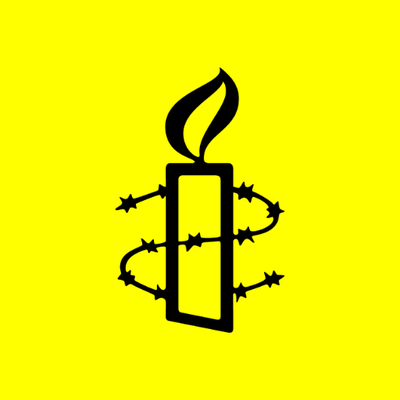Russia: Anti-war activist Aleksandra Skochilenko sentenced to seven years in prison

Russia: Anti-war activist Aleksandra Skochilenko sentenced to seven years in prison
Responding to the news that Aleksandra Skochilenko has been convicted of “disseminating knowingly false information about the Russian Armed Forces” and sentenced to seven years in prison for replacing price tags with anti-war messages in a Saint Petersburg supermarket, Marie Struthers, Amnesty International’s Eastern Europe and Central Asia Director, said:
“This manifestly unjust verdict concludes a case in which the only crimes committed are those that have gone unpunished. One is against Aleksandra Skochilenko herself, who, having been arbitrarily deprived of her freedom and held in torturous conditions for 19 months, now faces the prospect of seven years in a penal colony. The other is Russian aggression against the people of Ukraine, which Aleksandra was simply trying to expose. Her persecution has become synonymous with the absurdly cruel oppression faced by Russians openly opposing their country’s criminal war. The immediate and unconditional release of Aleksandra Skochilenko and all activists jailed solely for engaging in peaceful anti-war dissent is imperative.”
Background
Artist and musician Aleksandra Skochilenko was charged under the repressive Article 207.3 of Russia’s Criminal Code for replacing price tags with anti-war messages about war crimes committed by Russian troops in Ukraine’s Mariupol. She is a prisoner of conscience.
She was placed in pretrial detention on 11 April 2022 and has remained in custody ever since, where her health has sharply deteriorated. A sufferer of celiac disease, she had no access to adequate food prescribed for health reasons and was consistently denied visits to doctors for at least two weeks following her arrest. During her trial, the presiding judge denied her breaks for food and visits to the toilet.
Aleksandra Skochilenko is the second anti-war activist to face criminal charges and detention for replacing price tags after Vladimir Zavyalov from Smolensk, Central Russia. In October 2022, after spending six months under house arrest, he managed to flee Russia on the eve of the verdict – the prosecutor asked the court to impose a six-year prison sentence.
Since the passing of Article 207.3, more than 750 people have faced criminal charges in Russia, and their number is growing. The number of those severely penalized for the administrative “offence” of “discrediting the Armed Forces” is over 8,000.






